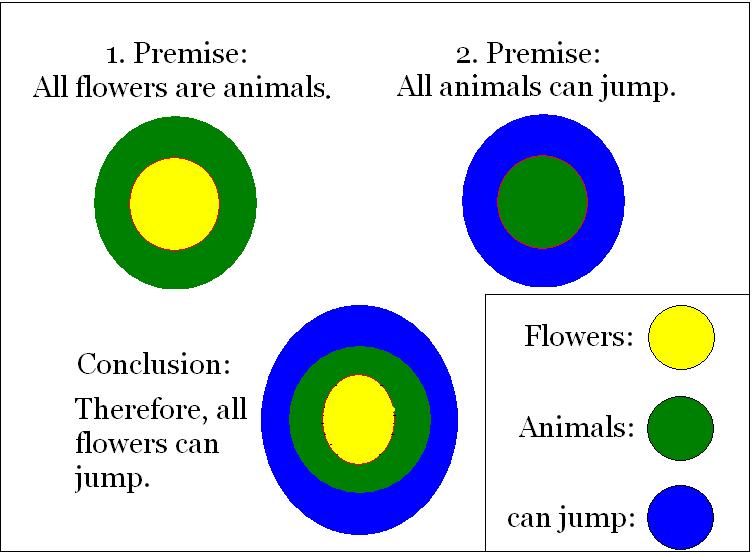The primary distinction between inductive and deductive reasoning is that inductive reasoning moves from specific premises to a general conclusion, while deductive reasoning proceeds from general premises to a specific conclusion. Reasoning is the process by which you arrive at a logical conclusion after considering all relevant facts. There are two types of reasoning: inductive and deductive. Inductive reasoning involves deriving generalizations from specific observations, while deductive reasoning involves drawing specific conclusions from general statements or observations. A premise, in this context, is a proposition that supports or helps support a conclusion.
What is Inductive Reasoning?
Inductive reasoning is a logical process in which multiple premises (all believed true or found true most of the time) are combined to obtain a specific conclusion. In other words, it refers to deriving generalizations from specific observations. The terms “bottom-up reasoning” and “cause and effect reasoning” also refer to inductive reasoning. This type of reasoning is typically based on a person’s ability to recognize meaningful patterns and connections.
For example, suppose you have observed that your friend’s lips start to swell when she eats seafood. You have noticed this on several occasions. Then you come to the conclusion that she is allergic to seafood. You have deduced this conclusion through the process of inductive reasoning. First, you have gathered data through your observations, and then you have reached a generalization. However, inductive reasoning cannot lead to absolute certainty. It only allows you to say that the claim is more likely to be true than not, based on the examples provided for support. In order for your conclusion to be credible, it is essential to consider:
– Quality and amount of the data
– Existence of additional data
– Relevance of necessary additional information
– Existence of additional possible explanations
What is Deductive Reasoning?
Deductive reasoning (top-down reasoning) is a logical process in which a conclusion is based on the concordance of multiple premises that are generally assumed to be true. This type of reasoning involves drawing specific conclusions from general statements (premises).
An example of an argument using deductive reasoning is:
– All horses have a mane
– Thoroughbred is a horse
– Therefore, thoroughbreds have manes.
This type of reasoning is sometimes known as a syllogism. The first premise states that all objects classified as “horses” have the attribute “mane.” The second premise states that “thoroughbred” is classified as a “horse.” The conclusion then states that “thoroughbred” must have a “mane” because it inherits this attribute from its classification as a “horse.”
What is the Difference Between Inductive and Deductive Reasoning?
Inductive reasoning is a logical process where multiple premises are combined to obtain a specific conclusion. Deductive reasoning, on the other hand, is the opposite of inductive reasoning. It involves drawing a conclusion based on the concordance of multiple premises. The key difference is that inductive reasoning moves from specific premises to a general conclusion, while deductive reasoning moves from general premises to a specific conclusion.
Furthermore, in deductive reasoning, one can prove that conclusions are valid if the premises are true. However, in inductive reasoning, conclusions may be incorrect even if the argument is strong and the premises are true.
Summary – Inductive vs Deductive Reasoning
Inductive and deductive reasoning are two contrasting methods of reasoning. Inductive reasoning refers to the logical process of deriving generalizations from specific observations, while deductive reasoning refers to the logical process of drawing specific conclusions from general statements or observations. This is the main difference between inductive and deductive reasoning.
